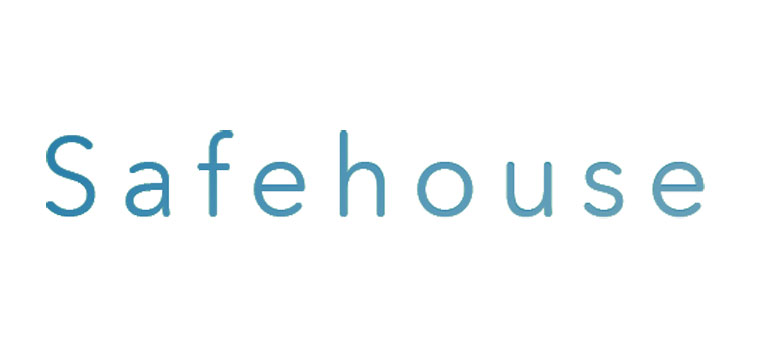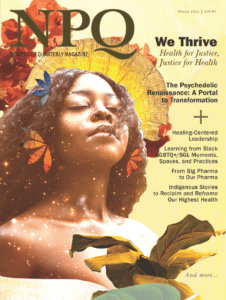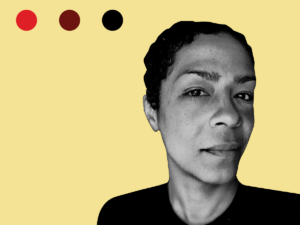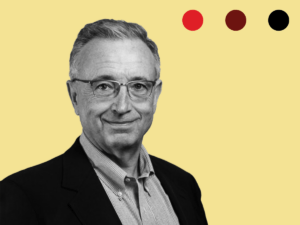 April 7, 2019; USA Today and Washington Post
April 7, 2019; USA Today and Washington Post
Early in February, the federal government went to court to stop the small Philadelphia nonprofit Safehouse from moving forward with its plans to open the nation’s first safe injection site as a response to the opioid crisis. Last week, Safehouse responded in a 45-page court filing, arguing forcefully that Washington is wrong, that they are on firm legal ground, and must be allowed to move forward.
Safehouse’s founders are driven to save lives in a city with one of the highest death rates from opioid overdoses in the nation. Their approach is simple: If addicted persons are going to be using drugs, it’s better to encourage them to do so at a place where help is available. At a location still to be found, drug users would be allowed to bring and take illegal substances under the supervision of medically trained personnel. Clean needles, anti-overdose medication, counseling supports, and access to further medical treatment would be provided by Safehouse.
As NPQ has previously reported, at the site, “a nurse practitioner or other medical provider would supervise and be ready to respond should anyone overdose after injecting drugs they brought in. The site would also provide clean needles, wound care, and referrals to addiction treatment and legal services.” While this would be the first safe injection site in the US, it is modeled on similar efforts elsewhere, which have reduced deaths from overdoses and the need for emergency care.
The federal government views this approach as abetting criminal behavior and dismisses any life-saving potential. The Washington Post says the government’s suit likens Safehouse to a crack house:
Federal officials say allowing the use of illicit drugs with impunity enables and exacerbates the intractable opioid problem; the US attorney for the Eastern District of Pennsylvania argued that opening Safehouse would violate the Controlled Substances Act, which makes it illegal to open or run a place where illegal drugs are knowingly used.
In its answer, Safehouse told the Court, “Safehouse can offer assurance, to a medical certainty, that people within its care will not die of a drug overdose…. Safehouse will save lives by preventing and averting overdose deaths. It will also save lives by preventing death and serious health complications caused by infections and disease transmitted by intravenous drug use.”
Safehouse added in its court filing that:
Sign up for our free newsletters
Subscribe to NPQ's newsletters to have our top stories delivered directly to your inbox.
By signing up, you agree to our privacy policy and terms of use, and to receive messages from NPQ and our partners.
Medically supervised consumption sites are not a new phenomenon; they have been in operation for more than 30 years. More than 120 sites operate openly worldwide, and not a single fatal overdose has been reported inside any similar facility. Extensive public health research of medically supervised consumption sites reports a decrease in overdose deaths in their immediate vicinity, a decrease in the public use of drugs, a decrease in discarded drug paraphernalia waste, and a decrease in the transmission of infectious diseases. That research also shows that medically supervised consumption sites encourage long-term treatment for opioid addiction and do not contribute to increased crime.
As USA Today noted, Safehouse recognizes that their “intervention will not solve the opioid crisis, but it will provide a critical life raft.”
Safehouse also argues, taking an approach often favored by those on the other side of the issue, that because it is “motivated by the Judeo-Christian beliefs ingrained in us from our religious schooling, our devout families, and our practices of worship” as well as “the principle that preservation of human life overrides any other consideration,” its activities are protected by the Religious Freedom Restoration Act.
In summary, they conclude that, “The moral and religious imperative to save lives, medical ethics and practice, the public health data, and federal law all point to the same conclusion: Safehouse offers a lifesaving service” that Philadelphia’s crack house law does not prohibit.
Ronda Goldfein, vice president of Safehouse’s board and executive director of the AIDS Law Project of Pennsylvania, told the Washington Post:
What’s clear is that we have a respect for the rule of law. We are committed to having a court look at this very important issue and hopefully recognize that the laws that were intended to stop drug use are not intended to stop us from saving lives…We can’t pretend this isn’t happening and that our moral sensitivities are offended by it so we can’t allow it to be. We have to recognize this is happening, so let’s give people a safer way to do it. And in doing so, let’s build that crucial trust relationship which makes people more likely to get into treatment.
While this David and Goliath-like court battle proceeds, Safehouse is moving forward, working to raise funds to underwrite the program, secure a site, and line up the local support to gain the zoning and other local regulatory approval against the expected NIMBY [not in my backyard] opposition.—Martin Levine













